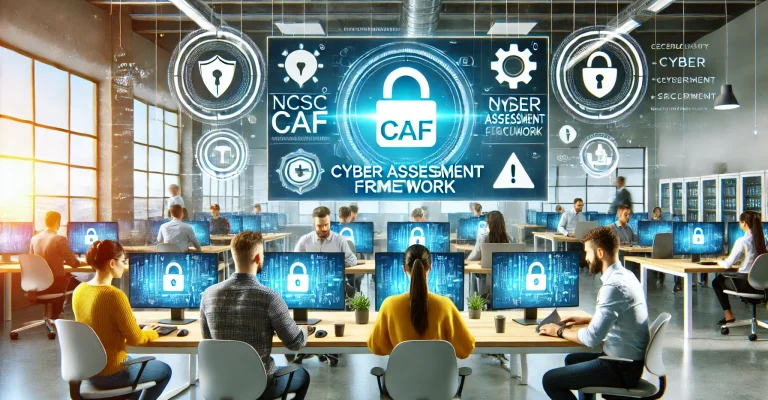What are Payment Provider Risks
As a small business owner, accepting credit or debit card payments is a crucial part of your operations. However, it also comes with Payment Provider Risks. This is where PCI-DSS, or Payment Card Industry Data Security Standard, comes in to ensure the protection of cardholder data. In this article, we will provide an easy guide on how small businesses can protect themselves against payment provider risks.
What is PCI-DSS?
PCI-DSS is a set of security standards created by major credit card companies, including Visa, Mastercard, American Express, and Discover. It is mandatory for any business that accepts credit or debit card payments, regardless of its size. The goal is to ensure the security of cardholder data and reduce payment provider Risks of data breaches.

Understanding the PCI-DSS Requirements
The PCI-DSS standard consists of twelve requirements that businesses must comply with to ensure the security of cardholder data. These requirements include following, but not limited to:
1. Maintaining secure networks:
This includes implementing boundary security defences, such as firewalls, changing account default passwords, and restricting access to cardholder data to only those that need it.
2. Protecting cardholder data:
This includes encrypting sensitive information during transmission (using SSL/TLS over HTTPS://) and storage, and securely deleting any unnecessary data.
3. Maintaining a vulnerability management program:
This includes regularly monitoring and testing security systems and software to identify and address potential vulnerabilities.
4. Implementing strong access controls:
This includes assigning unique IDs to users, restricting access to cardholder data based on job roles, and regularly reviewing access controls.
5. Regularly monitoring and testing security systems:
This includes regularly testing security systems and processes to identify vulnerabilities and potential security breaches.
Choosing a PCI-Compliant Payment Provider
Choosing a payment provider that is PCI-DSS compliant is essential to ensure the security of cardholder data. This means that the provider meets the industry-standard security requirements for processing and storing cardholder data.
Using Secure Payment Methods
Encourage your customers to use secure payment methods, such as chip and PIN, contactless payments, and secure online payment gateways. This can help to reduce the risk of fraud and security breaches.
Training Your Employees
Training your employees on the importance of PCI-DSS compliance and how to handle cardholder data securely is crucial. Educate them on how to recognise and report suspicious activity and or security breaches.
Regularly Monitoring and Testing Security Systems
Regularly monitoring your payment processing systems and conducting regular security tests can help identify vulnerabilities and potential security breaches. Implement security measures to address any vulnerabilities that are discovered.
Conclusion
As a small business owner, it is essential to take PCI-DSS compliance seriously to protect against payment provider risks. By understanding the requirements, choosing a compliant payment provider, using secure payment methods, training employees, and regularly monitoring and testing security systems, you can ensure the security of cardholder data and protect your business from data breaches. Remember, compliance with PCI-DSS is not just a best practice; it is a requirement for all businesses that accept credit or debit card payments it will also mitigate the impact of payment provider risks.














